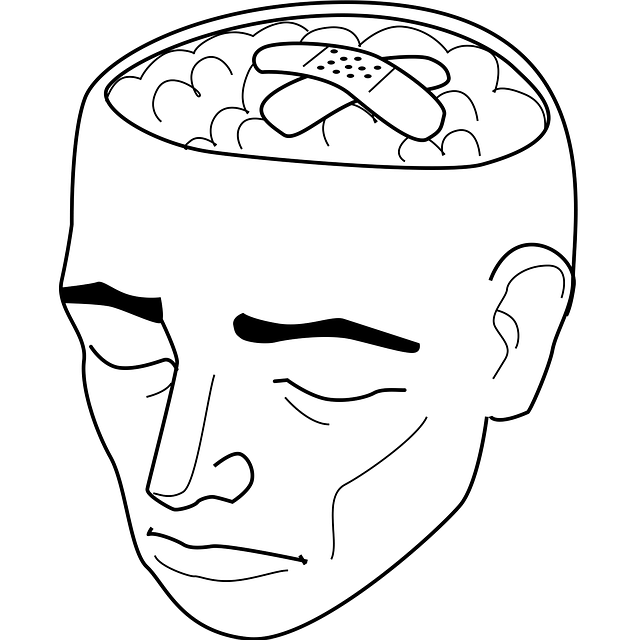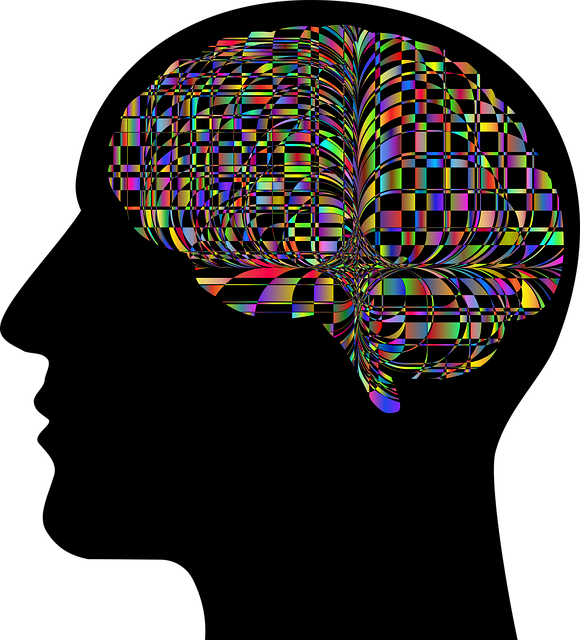Cultural competency in healthcare, particularly through programs like Wheat Ridge Codependency Therapy, is crucial for addressing diverse patient needs. By incorporating cultural factors into treatment, such as tailored self-care and open dialogues, this therapy enhances mental health care's effectiveness. Comprehensive training focuses on interpersonal dynamics, stigma reduction, and emotional intelligence, improving communication, reducing burnout, and promoting empathetic, culturally sensitive care. Interactive workshops and case studies equip healthcare providers to respect individual differences, build rapport, and offer culturally competent interventions for improved patient outcomes and ethical practice.
“Healthcare provider cultural competency training is an essential aspect of modern medical practice, addressing diverse patient populations and their unique needs. This article explores the significance of cultural competency in healthcare, highlighting why it matters and who benefits most from such training. We delve into the specific impact of Wheat Ridge Codependency Therapy on cultural sensitivity training, offering valuable insights for healthcare professionals. Additionally, we provide practical guidelines for designing effective programs to enhance cultural competency among providers.”
- Understanding Cultural Competency in Healthcare: Why It Matters and Who Needs It
- The Impact of Wheat Ridge Codependency Therapy on Cultural Sensitivity Training
- Designing Effective Cultural Competency Training Programs for Healthcare Providers
Understanding Cultural Competency in Healthcare: Why It Matters and Who Needs It

Cultural competency in healthcare refers to the ability to understand and appreciate diverse cultural backgrounds, beliefs, and practices among patients and communities. It’s more than just a nice-to-have; it’s a necessity in today’s diverse society. With healthcare providers interacting with individuals from various ethnic, racial, religious, and socio-economic groups, ensuring cultural competency is crucial for effective communication, respect, and quality care.
This is especially relevant for addressing issues like healthcare disparities and improving patient outcomes. For instance, Wheat Ridge Codependency Therapy recognizes the impact of cultural factors on mental health treatment. Developing a robust self-care routine, promoting emotional well-being through specific techniques, and fostering open dialogues that consider individual cultural contexts can significantly enhance therapy effectiveness. Therefore, all healthcare providers, from physicians to counselors, should undergo training to build this competency, ensuring they’re equipped to provide culturally sensitive care that respects and validates patients’ unique identities.
The Impact of Wheat Ridge Codependency Therapy on Cultural Sensitivity Training

Wheat Ridge Codependency Therapy offers a unique and impactful approach to cultural sensitivity training in healthcare settings. By focusing on codependency, this therapy delves into the intricate dynamics of interpersonal relationships, which are often influenced by cultural backgrounds and shared histories. Through its comprehensive program, healthcare providers gain invaluable insights into how cultural factors can shape patient interactions and outcomes.
The therapy emphasizes the importance of understanding and challenging mental illness stigma reduction efforts while promoting emotional intelligence. By fostering a deeper self-awareness among providers, it facilitates better communication with diverse patient populations, reducing potential burnout prevention issues. This holistic training approach ensures healthcare professionals are equipped to provide more empathetic and culturally competent care, ultimately enhancing their ability to connect with patients from various cultural walks of life.
Designing Effective Cultural Competency Training Programs for Healthcare Providers

Effective cultural competency training programs for healthcare providers should be tailored to address the diverse needs of patients from various backgrounds. These programs must go beyond surface-level awareness and focus on fostering genuine cultural sensitivity and understanding. By incorporating interactive workshops, case studies, and role-playing scenarios, healthcare professionals can develop skills to navigate complex interpersonal dynamics, especially in situations involving mental health care.
At Wheat Ridge Codependency Therapy, for instance, our training emphasizes the importance of recognizing and respecting individual differences, including cultural values, beliefs, and behaviors. We equip mental health professionals with strategies to improve communication, build rapport, and provide culturally sensitive interventions. Through ongoing education and self-reflection, healthcare providers can enhance their risk management planning, ensure ethical practice, and ultimately, foster inner strength development in both themselves and their patients.
Cultural competency training is an essential aspect of modern healthcare, as demonstrated by the impact of programs like Wheat Ridge Codependency Therapy. By designing effective training programs, healthcare providers can enhance their cultural sensitivity and deliver more personalized care. This not only improves patient outcomes but also fosters a more inclusive and respectful healthcare environment, ensuring that every individual receives the best possible treatment tailored to their unique background and needs.











